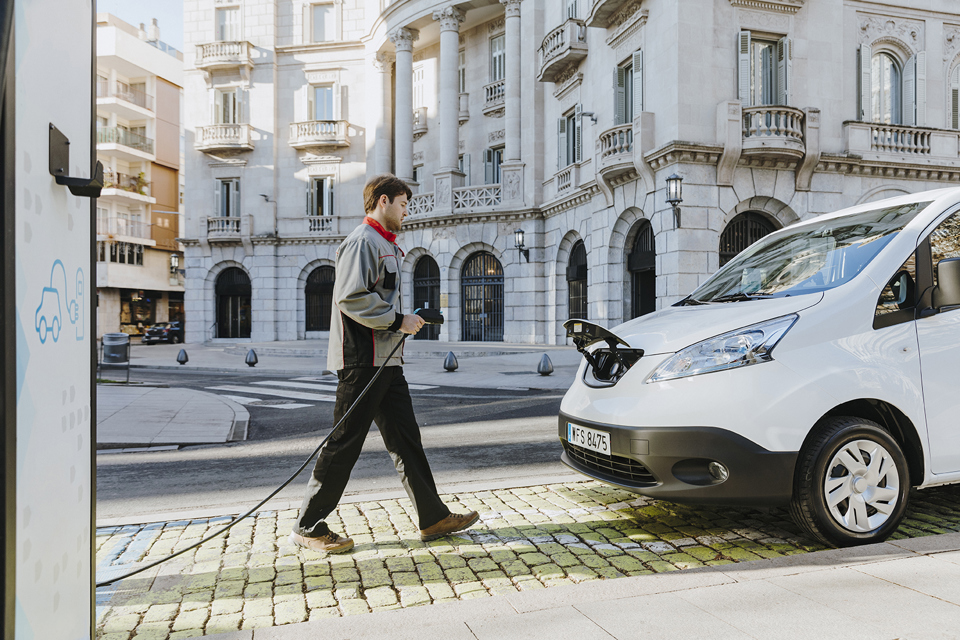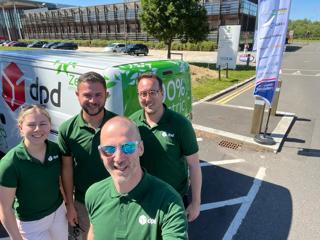Greater collaboration is needed between Government and industry to accelerate the adoption of electric vans, says Gerry Keaney, chief executive of BVRLA.
Latest SMMT figures show that so far this year (to the end of June), battery electric vans have accounted for just 5.6% of new LCV registrations.
In comparison, battery electric vehicles accounted for 14.4% of the new car market over the same time frame.
Speaking at BVRLA’s Fleets in Charge conference on Thursday (July 7), Keaney said: “While cars are powering ahead, vans are undoubtedly struggling to get out of first gear.
“We can already see the price of commercial vehicles makes them extremely difficult to justify on a business case.
“There’s a lack of tax incentives to support the fleet sector in increasing the uptake of electrical vans.
“There's inadequate charging infrastructure to support the rather specific needs of the sector and of course, there's an absolute scarcity of the right sorts of commercial vehicles with the many different use cases to be addressed.
“With commercial vehicles there is no silver bullet that will address all the needs. Instead, tailored, rather nuanced solutions need to be put in place.
“It’s very clear to us that this can only be achieved – as it has been to a very large extent with cars – by a really extensive collaboration between decision makers across the whole country.
“It’s getting better, but there’s still much more work needs to be done, and it needs to be done faster.”
Grant aid
Government plug-in grants are still available to help people buy vans.
This scheme sees vans less than 2.5 tonnes gross vehicle weight, with CO2 emissions of less than 50g/km and able to travel at least 60 miles emission-free qualify for 35% of the purchase of the vehicle, up to a maximum of £2,500.
Lange vans, classed as between 2.5-4.25-tonne GVW, and comply to the same efficiency demands as small vans, also qualify a grant of 35% of the purchase price but this is up to £5,000.
However, the Government removed the similar grants for plug-in cars last month.
“We think the recent removal of the plug-in grant is disappointing,” said Keaney.
“In all honesty, it didn’t come as a surprise but clearly sends out a signal that the Government is very confident that the market, particularly on cars, has reaching the tipping point in terms of delivering on the decarbonisation agenda.
“We all understand the Government needs to strike the balance between the stick and the carrot.
“And the likelihood is that as we get closer and closer to 2030, clearly the stick will come more to the fore than the carrot, especially when there is a sense of urgency about demonstrating our commitment to achieving the target.”
Supply issues
Keaney said the industry was still facing car and van supply issues and there was still “some way to go” before they are resolved.
He added: “We've seen fewer vehicles coming through into the market. We've seen some very disruptive activity. We've seen existing orders cancelled at very short notice.
“We've seen existing supply agreements cancelled on very short notice.
“While some reports suggest that the supply issues affecting the sector are coming to an end, I think there's still some way to go.
“There is no short-term solution to some of the issues.”
























Login to comment
Comments
No comments have been made yet.